CBSE All India Senior School Certificate Examination AISSCE Guide
The All India Senior School Certificate (Examination) is the higher qualification studied for by students over a two-year period between the ages of 16 and 18 in CBSE schools. Results achieved by students in the AISSC are used by Universities in considering entrance to degree courses.
Entrance to the AISSCE is now automatic for children in Year 11 who wish to continue in further education, following the move to continuous comprehensive evaluation (CCE) in CBSE schools in all years to Grade X. CCE has not been introduced into the AISCE.
One knock-on impact of the move to CCE has been to increase the importance of the AISSCE by driving/enabling more students to remain at school until the age of 18 as well as its now being the sole examination based benchmark for both employers and universities to gauge ability.
The AISSCE includes both academic and vocational streams to try and ensure that post-16 CBSE education has options able to meet the needs of lower and mixed ability children.
India
CBSE [Central Board of Secondary Education, New Delhi]
Studied over two years from age 16 and sat at age 18.
CBSE conducts the final Board XII Examinations in the month of March. Results are announced by the end of May.
There is a choice of 2 streams; academic (Divided in many schools between Commerce and Science) and vocational.
Academic stream students study two languages, one of which must be either Hindu or English; three elective subjects; General Studies; Work Experience; and Physical and Health Education. Students can also, optionally, study an additional subject, either an extra language or an additional elective.
The range of academic elective choices depends on the school but can include Mathematics, Physics, Chemistry, Biology, Biotechnology, Engineering Graphics, Economics, Political Science, History, Geography, Business Studies, Accountancy, Home Science, Fine Arts, Agriculture, Computer Science/Informatics Practices, Multimedia and Web Technology, Sociology, Psychology, Philosophy, Physical Education, Music and Dance, Entrepreneurship, Fashion Studies, Creative Writing and Translation Studies, Heritage Crafts, Graphic Design, Mass Media Studies and the Knowledge Traditions and Practices of India.
Vocational stream students study one language which must be English, two elective subjects drawn from the academic stream, two vocational subjects, industry placement for 60 hours; and personality development/soft skills. Students can also, optionally, study an additional subject, either an extra language or an additional elective.
The range of vocational elective choices depends on the school but can include Office Secretary-ship, Stenography and Computer Applications, Accountancy and Auditing, Marketing and Salesmanship, Banking, Retail, Financial Market Management, Business Administration, Electrical Technology, Automobile Technology, Air Conditioning and Refrigeration Technology, Electronics Technology, Geospatial Technology, Foundry, Transportation System and Logistic Management, Ophthalmic Techniques, Medical Laboratory Techniques, Auxiliary Nursing and Midwifery, X-Ray Technician, Healthcare Sciences, Health and Beauty Studies, Medical Diagnostics, Fashion Design and Clothing, Textile Design Dyeing and Printing, Design, Beauty Services, Music Technical Production, IT Application, Life Insurance, Library and Information Sciences, Poultry Farming, Horticulture, Dairying Science and Technology, Food Production, Food and Beverage Services, Mass Media Studies and Media Production, Bakery and Confectionery, Front Office, and Travel and Tourism.
Continuous and Comprehensive Evaluation [CCE] has not been rolled over to Class 11 and 12 AISSCE study. Scoring remains based on summative performance in examinations.
Rote based learning is significant given the concentration on examinations in the Academic streams. This is less the case in vocational streams.
Students are required to obtain a minimum Grade D in at least five subjects of external examination (excluding the 6th additional subject) as per the Scheme of Studies and a Qualifying Certificate/ Grade Sheet at the Secondary School(Class X) Examination (effectively under CCE now a formality)
General consensus is that the CBSE is an easier curricular in comparison with its broader ICSE Indian counterpart, although the ICSSCE would be considerably less challenging for lower and mixed ability children if the CBSE system completely moved to CCE.
The option of vocational as opposed to purely academic streams is a significant strength of the CBSE over other curricular.
Extensive materials are available. Textbooks are standard NCERT available worldwide and there is little expectation or need to divert away from standard materials.
In vocational streams private study is more difficult and students are much more reliant on the quality of teaching and industry placements.
The CBSE approves both regular and private candidates to sit for its exams namely-AISSE (Class X) and AISSCE (Class XII) – unlike its ISCE counterpart.
A-1 Top 1/8th of the passed candidates; A-2 Next 1/8th of the passed candidates; B-1 Next 1/8th of the passed candidates; B-2 Next 1/8th of the passed candidates; C-1 Next 1/8th of the passed candidates; C-2 Next 1/8th of the passed candidates; D-1 Next 1/8th of the passed candidates; D-2 Next 1/8th of the passed candidates; E Failed candidates
The Board will award Merit Certificates in each subject to the top 0.1 % of candidates passing that subject.
In order to be declared as having passed the examination, a candidate shall obtain a grade higher than E in all five subjects.
By far the most affordable of the curricular, Indian or international, although to deliver at its best, it is likely that schools will need small class sizes and high calibre teaching staff. This will increase significantly the cost of achieving the AISSCE, but should also result in higher scoring.
Almost impossible. Even a transfer to the alternative ICSE syllabus is likely to significantly impair a student’s performance as core subject deliverables lack breadth, subject detail in many cases limited and subject cross-over limited
The benefit of the CBSE is very simple transfer between other CBSE schools as the education is standardardised and based on universal NCERT textbooks, fixed materials and timelines.
There is also now an in-built driver to stop students transferring to alternative curriculum where students have not taken the CBSE Grade X Board examinations (now optional where children progress in the same school to Year 11 study)
The All India Senior School Certificate Examination [AISSCE] enables students to apply to Indian Universities, although top-tier universities will also require further entrance examinations.
Whilst the AISSCE is also a basis for international applications, requirements are very demanding and in many cases students will only be considered for degree study in a limited range of subjects that excludes the humanities altogether.
Cambridge, for example, will accept applications from students taking CBSE (or ISC Class XII examinations) but only for courses in Computer Science, Economics, Engineering, Mathematics or Natural Sciences. To be shortlisted for interview applicants need to achieve a minimum CGPA of 9.8 and grade A1 in their Class XII examinations in the relevant subjects.
Any offers of admission are also conditional on performance in the IIT-JEE or, in the case of Economics or Mathematics, on performance in STEP Mathematics. Where English is a second language there is a high IELTS requirement of a minimum overall grade of 7.5 with 7.0 or above in each element.
To all intents and purposes, except for the very highest performing students, the AISSCE provides limited options for degree study outside India.
For students intent on returning to India, the CBSE based examinations are more widely accepted for both employment or higher education.
Ongoing changes to the All India Senior School Certificate Examination [AISSCE], particularly its extension to vocational subjects, have considerably broadened its value across the student spectrum of abilities and ambitions.
The continuing emphasis on examinations weights the AISSCE towards more academic children, although the examinations are designed so that few, if any children will fail. They will simply achieve lower grades.
Low - Internationally, the CBSE is arguably the least prestigious or acceptable of alternative curricular.
The weakness of CBSE English language teaching particularly degrades its value for global employers and non-CBSE post 16 education providers both overseas and within the UAE.
ICSSCE is particularly weak grounding for students seeking higher education or careers in the humanities and many Indian schools drive students to a binary choice between Commerce or Scientific streams.
High value in India, particular for those scoring highly.
Has very limited value outside India except in the Sciences.
In Mathematics and broader Sciences, the All India Senior School Certificate Examination [AISSCE] provide a clear benchmark for university entrance in India.
High scoring students in these subjects are able to apply for university places outside India, although the curricular does not have the perceived value of either the IB Diploma or (the) International A Level(s).
For Humanities students the AISSCE is not recommended as a course of study and further education options outside India will be extremely limited.
• Newly and markedly expanded range of subject options is enabling the CBSE to better meet the needs and talents of a broader range of children
• Excellent vocational stream meets the needs of less academic children keep to achieve swift, but educationally-grounded, placements in industry
• Remains the most widely accepted benchmark of senior school achievement in India
• Government backed qualification founded on uniform curriculum providing consistency across schools
• The reality on the ground, notwithstanding changes by the CBSE to broaden subject choice, is that many students are pushed into restrictively studying under two single streams in the majority of schools: Commercial and Scientific (often with very limited options within those streams)
• The opportunity to find schools offering study under the vocational stream are very limited in the UAE
• THE CBSE qualifications lack the currency and value of alternative international secondary and senior school equivalents
• In practice, students seeking to pursue subject choices in the Humanities are effectively excluded from CBSE post-16 study
• On-going change and evolution within CBSE education has led to an overly complicated system that lacks clarity and certainty
• The sole focus on Board XII examinations discriminates against students who are better able to evidence their talents and abilities through coursework. It remains unclear whether CCE will eventually be rolled out across CBSE based schooling to school leaving age.











































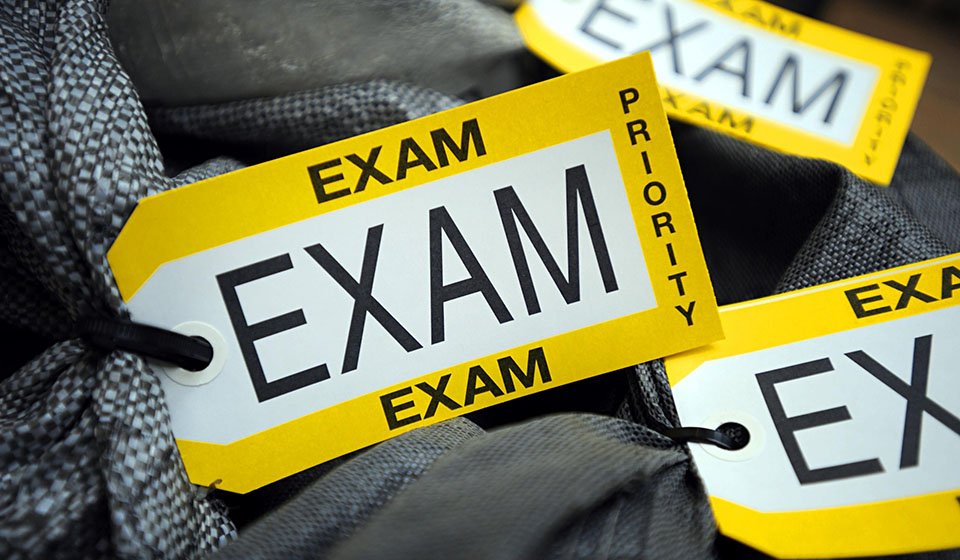
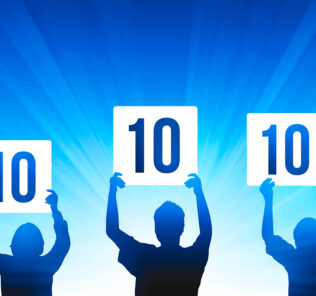

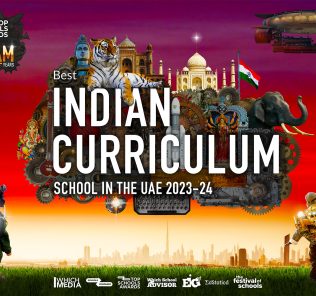

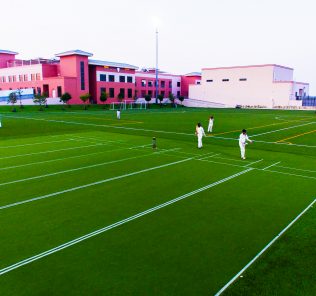



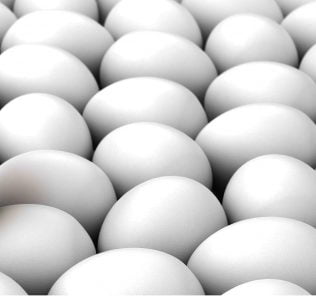
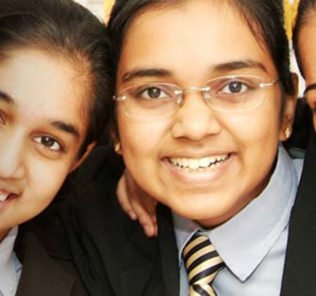
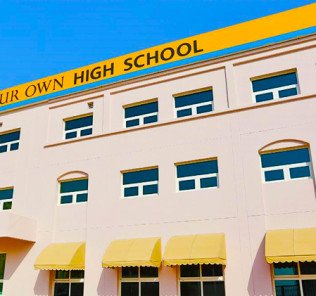

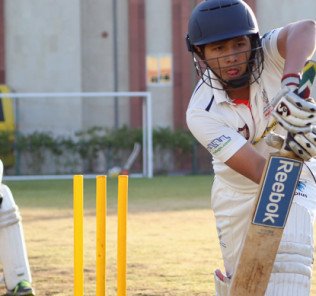















Leave a Response